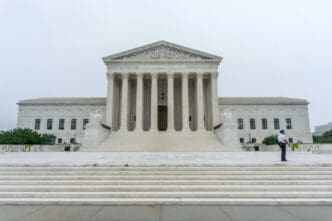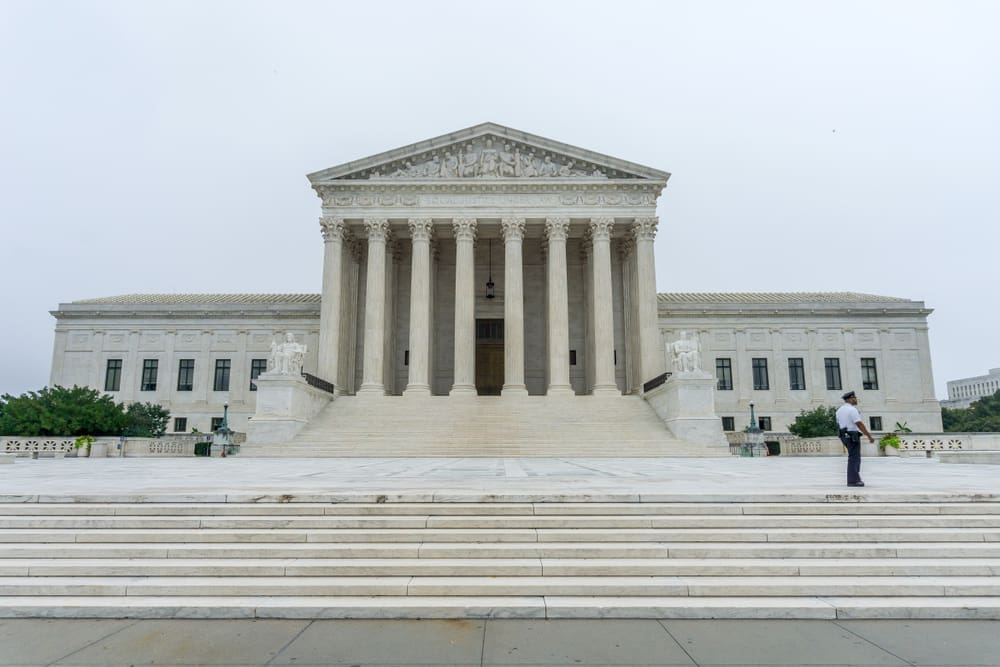The case of Medina v. Planned Parenthood South Atlantic presents what should be a straightforward decision for the Supreme Court this year. Federal law mandates that every state’s Medicaid program allows individuals eligible for medical assistance to choose their healthcare providers. The central question in Medina is whether this statute holds significant enforceability or if it merely exists as an ineffective mandate.
The Supreme Court’s guidelines on when federal Medicaid statutes can be enforced through private lawsuits are somewhat intricate. However, the 2023 decision in Health and Hospital Corporation of Marion County v. Talevski clarified these rules, eliminating serious arguments against the enforceability of laws allowing Medicaid patients to select their providers.
Despite the legal clarity, the political implications of Medina are complex. The case questions whether South Carolina can exclude healthcare providers that perform abortions from its Medicaid program. Although Medicaid funds are generally not permitted for abortions, they can cover non-abortion services provided by organizations like Planned Parenthood. The Supreme Court, with its current 6-3 Republican majority, witnessed many of its Republican justices exploring options to sidestep precedents like Talevski. The positions of Chief Justice John Roberts and Justices Brett Kavanaugh and Amy Coney Barrett remain uncertain, though their inquiries suggested a potential openness to the anti-Medicaid arguments.
The case outcome remains unpredictable, but it is anticipated that Roberts and Barrett might reaffirm the Court’s stance from Talevski, likely leading to a victory for Planned Parenthood. The issue primarily lies in whether individuals can file lawsuits leveraging Medicaid law provisions. Such lawsuits typically require filing under “Section 1983,” which allows suits against state officials for depriving someone of their rights secured by the Constitution and federal laws.
In the 1997 decision of Blessing v. Freestone, the Court determined that Section 1983 does not universally permit lawsuits to enforce any federal statute, requiring plaintiffs to assert a violation of a federal right. The criteria for what constitutes an enforceable right were reiterated in Talevski, emphasizing that the law must focus on individual beneficiaries and possess rights-creating language.
The statute in question in Medina aligns with Talevski’s requirements by granting a specific right to Medicaid-eligible individuals to obtain services from their chosen qualified providers. Justice Elena Kagan highlighted that this statute’s language inherently implies a right.
Should the Court adhere to the standard set in Talevski, a straightforward unanimous opinion would likely affirm that South Carolina Medicaid patients can choose Planned Parenthood as their provider. While some justices seemed inclined to oppose abortion providers, no coherent legal argument was proposed to bypass Talevski.
Justices Samuel Alito and Clarence Thomas questioned the ease of enforcing federal laws tied to spending programs like Medicaid. Meanwhile, some justices focused on a concurrent opinion by Judge Julius Richardson, expressing uncertainty about the legal framework lower courts should follow.
Despite these discussions, Chief Justice Roberts and Justice Barrett appeared skeptical about any real confusion regarding Talevski’s applicability. Justice Kavanaugh’s inquiries reflected a concern for a definitive test, though his stance on imposing a “magic words” requirement remains unclear.
Ultimately, it seems more probable that Planned Parenthood will succeed, as South Carolina’s arguments do not align well with existing law. The state’s case appeared weak even before a predominantly Republican bench.
The Bottom Line
- The outcome of Medina v. Planned Parenthood South Atlantic may shape future Medicaid policy, influencing how states can interact with healthcare providers offering abortion services.
- The case underscores the complexity of enforcing federal statutes through private lawsuits, particularly those tied to social programs like Medicaid.
- A ruling in favor of Planned Parenthood could reinforce the rights of Medicaid patients to select their healthcare providers, potentially affecting access to care.
- The decision may impact the political landscape surrounding healthcare, particularly regarding the intersection of federal funding and state-imposed restrictions on medical services.
- Community reaction and public discourse could be significantly swayed by the Court’s interpretation, influencing public opinion and policy debates on healthcare rights.














